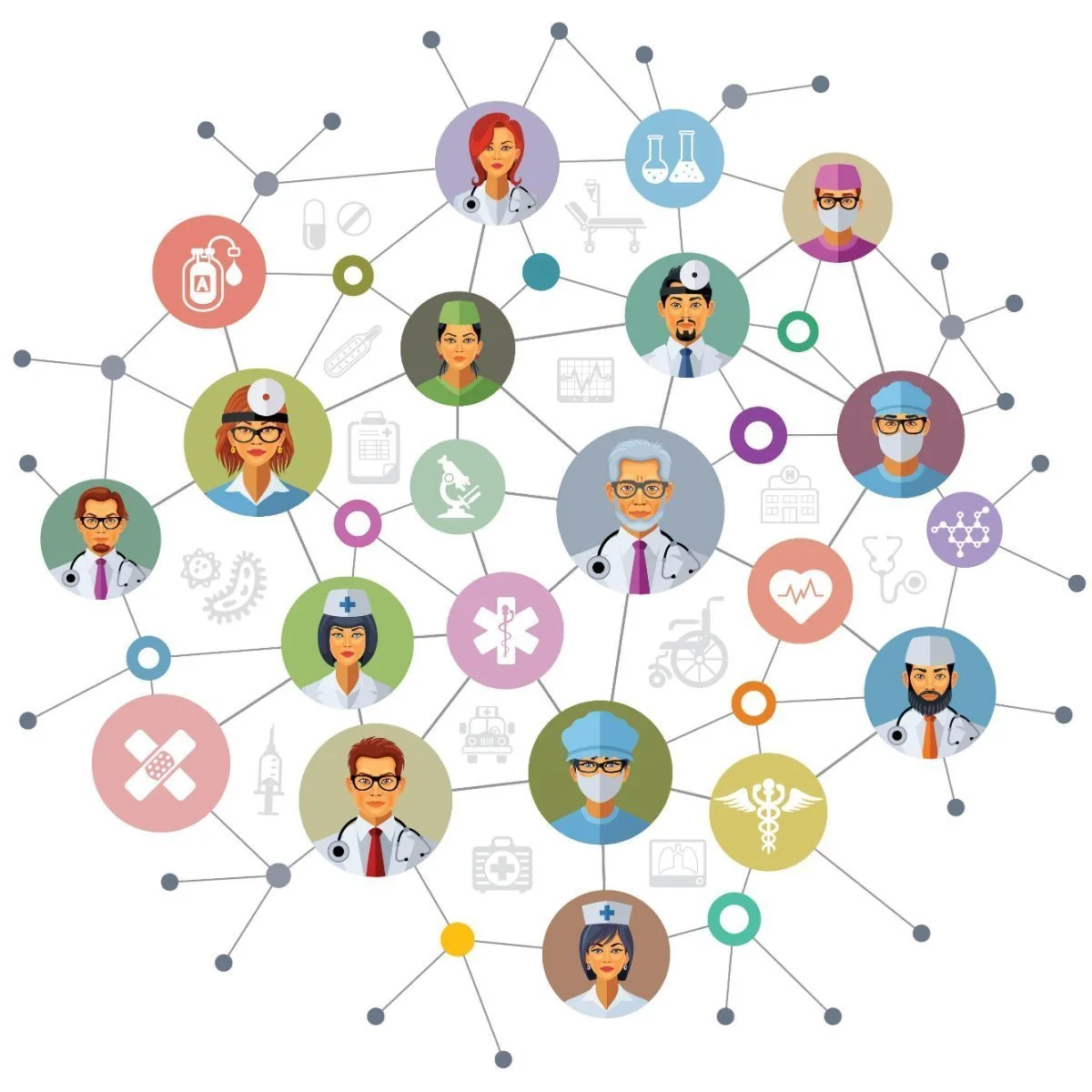The term “social determinants of health” (SDOH) is inescapable in the healthcare industry. But despite the ubiquity of the term, integrating SDOH into front-line medical care remains largely out of reach.
Read MoreSince the 1990s, the cost of medical care has seen the greatest rate of inflation across all sectors, suppressing wages and limiting economic growth. The system is an enormously complicated technical approach to a complex problem. But complicated is not complex, and only complexity can manage complexity; working harder at the old paradigm won’t yield a different outcome. It doesn’t need to be this way.
Read MoreSocial determinants of health (SODH) are widely understood to create illness and impair recovery. It’s time to harness this knowledge and put it to work. We can create a self-reinforcing virtuous cycle where medical care is better and more affordable in a strong, healthy community, and a strong, healthy community can afford better medical care.
Read MoreHuge cost and quality improvements are possible by integrating Social Determinants of Health (SDOH) into medical care. Achieving this will be possible when we embrace management methods aligned with the reality of healthcare as a Complex Adaptive System; managing the whole instead of the parts and focusing on individual patients, not populations.
Read MoreIt is clear there is opportunity to leverage the $2.7 trillion in capital spent on medical care in the United States. Healthcare’s value is in its purpose – better outcomes. Healthcare needs a marketplace capable of ensuring that this purpose remains the primary driver of its business success.
Read MoreHealthcare has borrowed “best practice” management paradigms from manufacturing and skillfully applied them to most of healthcare’s parts, yet overall, it continues as the largest category of inflation. The mismatch? Healthcare’s real-world is a biologically and socially complex adaptive system and how it works is vastly different than the factory floor. The result? Demoralized front-line practitioners facing constraints and mountainous layers of complicatedness that create cost, not affordable care. A new approach based on systems principles can help heal healthcare’s wicked problem.
Read More





